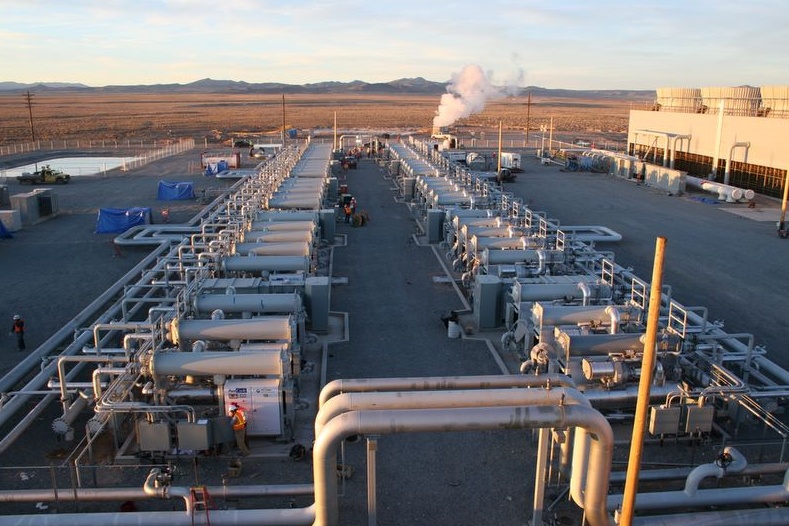Court dismisses securities fraud action against former officers of Raser Techn.

A recent court decision dismisses court action for securities fraud against former officers and directors of Raser Technologies on claimed too late reporting on resource difficulties relating to its geothermal power plant development.
A recent court decision, closes the legal proceedings against former officers and directors of Raser Technologies.
The US District Court for the District of Delaware dismissed the class action for securities fraud. The former officers and directors allegedly had “misrepresented the capacity of a power plant and their ability to construct more plants”.
In 2008, Raser Technologies completed the construction of its Thermo No. 1 geothermal power plant that was developed and built in record time. The company used a large number of small ORC units to speed up development and the generation of power.
The “rapid deployment business model seemed to have worked, but in late 2009 the company disclosed that resource difficulties hindered full capacity deployment. Then in 2010, the company recorded an “impairment loss of $52.5 million to the value of the plant”.
The court now “dismissed the complaint for failure to plead scienter and loss causation, rejecting the argument that the energy company had committed securities fraud by waiting too long to record or report the loss incurred after learning of problems at the plant.”
The court also refused to adopt the “materialization of risk” test for loss causation, which would allow a plaintiff to plead loss causation by showing that the defendant exposed investors to an undisclosed risk which subsequently materialized. Instead, the court held that the absence of any allegation of a corrective disclosure automatically warranted dismissal.”
This is an important court ruling for the geothermal sector, particularly for listed geothermal companies. There are risks in geothermal development and this ruling confirms that the company and its officers didn’t disclose problems too late.
The court case: Bartesch v. Cook, No. 11-1173-RGA (D. Del. Apr. 23, 2013).
Source: JD Supra